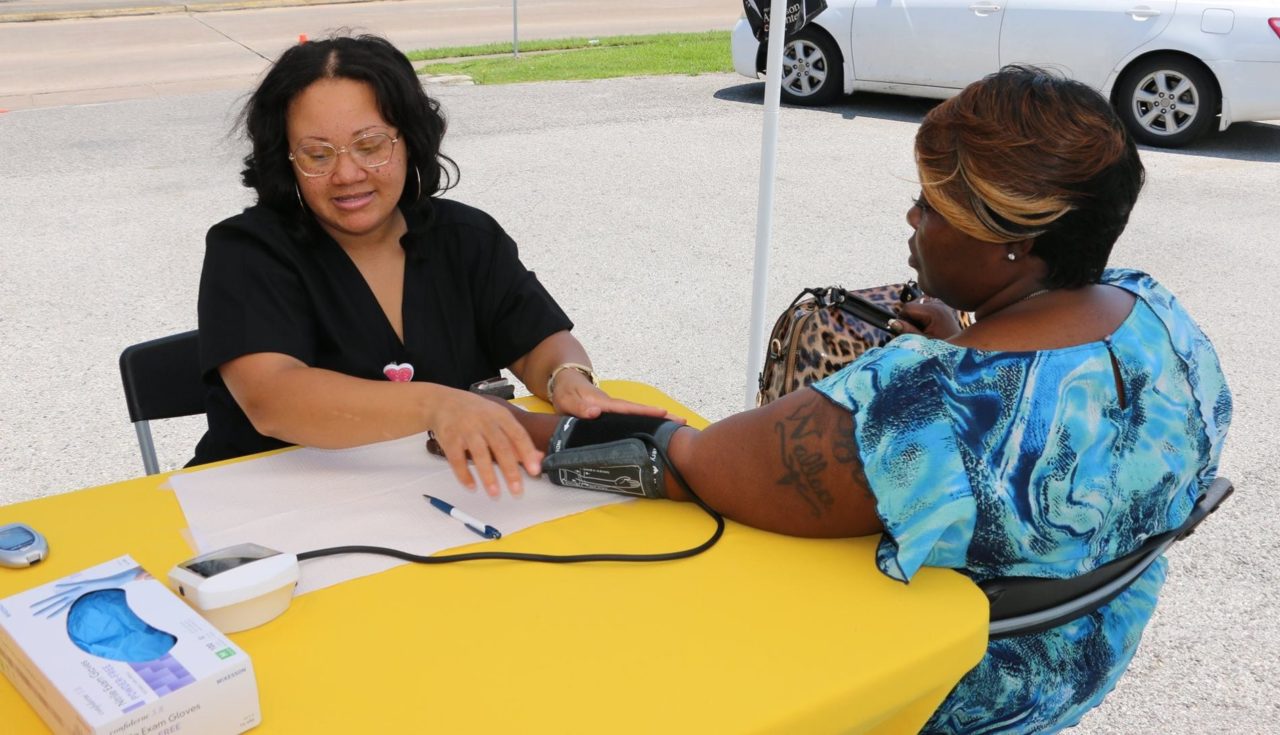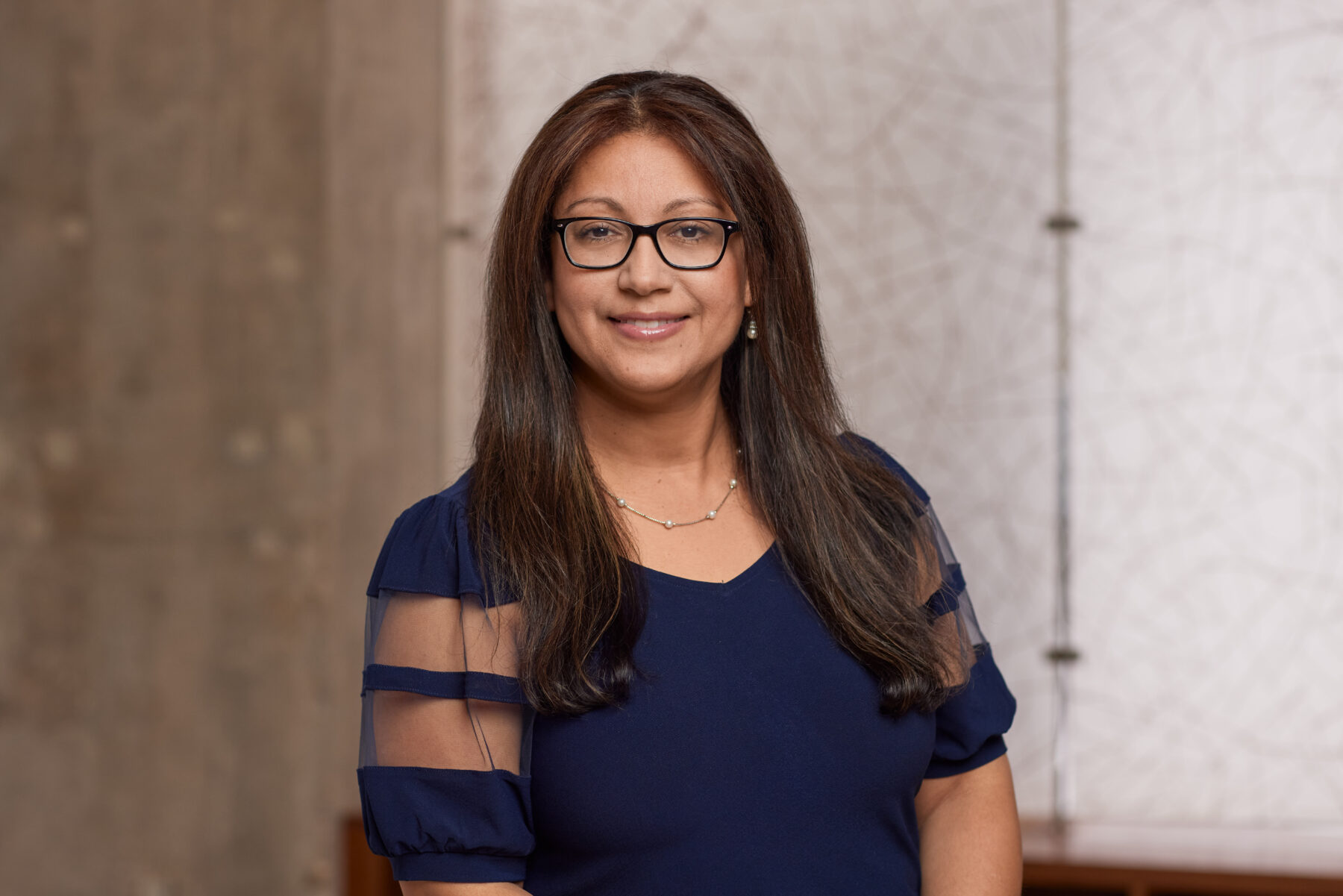

Zahyrah Blakeney
EHF's Vice-President for Community Engagement
Promotores/Community Health Workers (P/CHWs) are essential to rural health transformation, serving as trusted professionals who bridge gaps in care, prevention, and support for underserved communities. This article explores the key themes and challenges discussed by P/CHW leaders serving rural regions in Texas, focusing on workforce development, the value of P/CHWs, technology integration, grass-root community engagement, and sustainability elements essential to enhancing rural health outcomes.
Workforce Development and Challenges
In 2024, the Texas Department of State Health Services (DSHS) certified 8,666 CHWs serving 189 different counties in Texas, according to their 2024 CHW Annual Report. This is a 33% increase of certified CHWs from 2023. Additionally, 30% of these certified CHWs came from Houston and Dallas, which represent large suburban counties.
Expanding a strong P/CHW workforce in rural communities underpins rural health initiatives, yet rural areas face significant barriers in preventing and managing chronic diseases that go far beyond the medical condition itself. Limited access to clinics and specialists, lack of transportation, and the high cost of care often delay preventive visits and screenings for conditions like diabetes, hypertension, asthma and cancer. Now more than ever, there is a critical need to ensure job opportunities for existing P/CHWs serving rural communities before certifying new ones, as employment scarcity undermines retention and recertification efforts, particularly in rural regions such as Lubbock, Amarillo and El Paso among others.
Funding constraints are central to retention and placement issues; rural clinics and hospitals often cannot provide competitive salaries, leading to high turnover and workforce shortages. Additionally, P/CHWs spend extensive time traveling to clients, limiting efficiency. Sustainable funding beyond short-term grants is essential to secure P/CHW job stability and maintain continuity of care.
Role and Value of P/CHWs
P/CHWs are highly-trained generalists often surpassing state standards to address diverse local health needs. However, vague roles and lower pay than similar positions hinder recruitment and retention. Most are women of color serving rural areas who are often underappreciated and underpaid and who encounter challenges with recertification and recognition. A shortage of bilingual, culturally competent providers persist in these communities. P/CHWs are vital in bridging these gaps and supporting families but their roles must be formalized, compensated fairly and integrated into the health care team.
Additionally, P/CHWs need to be involved in developing proposals, project development and implementation and evaluation to deepen the impact of improved health outcomes. They should be recognized for their expertise beyond chronic disease education. By centering the voices of P/CHWs in rural communities in Texas, we position those who best understand the challenges to help shape effective solutions for rural health.
Technology and Access
Technology has the potential to increase health access in rural areas though adoption is affected by factors such as limited broadband availability, high costs, and digital literacy gaps. P/CHWs assist by setting up equipment, providing training to families, and using platforms like WhatsApp and telehealth to support technology implementation.
Pilot projects and electronic medical records (EMRs) are being utilized, but challenges related to infrastructure persist. Training CHWs in remote monitoring devices, user-friendly applications and artificial intelligence will likely improve care delivery.
Providing P/CHWs with communication and data-sharing tools allows for real-time monitoring and improved collaboration among providers making technology more accessible and suitable for rural populations. One proposed approach is to establish structured feedback mechanisms between P/CHWs and health care providers enabling P/CHWs to regularly monitor chronic conditions and communicate relevant updates to physicians. As physicians cannot engage with every patient directly, P/CHWs can step in as advocates by educating patients and then conveying patient concerns to their doctor. Their reports provide providers with information that can support clinical decisions. This model is designed to enhance chronic disease self-management, reduce clinic and emergency room visits and support rural healthcare resources.
Community Engagement and Support
P/CHWs are deeply embedded in their community and leverage their close community ties to build partnerships, working with local organizations like churches and schools to offer health education and navigation. A strategic collaboration with congregations and CBOs is essential to identifying existing P/CHWs serving rural areas. These partners are a critical support system to P/CHWs especially in rural communities as they provide safe gathering spaces for trainings and workshops, such as diabetes prevention, allowing them to reach residents who lack access to appropriate health resources.
P/CHWs rely on these relationships to deepen trust in their rural communities, sustain health education and prevention efforts, and connect residents to needed resources.
Sustainability and Well-being
Support systems that sustain P/CHWs to prevent burnout and promote well-being are necessary. Sustained funding beyond five years is essential to ensure service continuity and avoid leaving P/CHWs and the communities they serve without support once grants expire. Without proper reimbursement, certification, or career paths, P/CHWs face burnout and financial instability. Incentives such as Medicaid reimbursement, certification scholarships, continuing education and clear advancement paths can help retain P/CHWs for the long term.
Conclusion
P/CHWs are essential contributors to rural health care transformation, enhancing access to services, addressing root causes of health disparities, and improving outcomes despite obstacles related to their integration into health delivery systems.
Strengthening this workforce, utilizing technology, promoting grassroots engagement and securing long-term sustainability are crucial to reinforcing the impact of P/CHWs in rural regions.
The importance of these efforts is heightened by recent Medicaid policy developments, such as the passing of House Bill 1575 and funding opportunities through the Rural Health Transformation (RHT) Program, which recognizes CHWs as vital health professionals.
A recent article from IMPaCT, a national evidence-based P/CHW subject-matter-expert entity, summarizes the RHT program and highlights innovative methods for incorporating P/CHWs into this effort. With their professional expertise, coupled with strong community trust and insight, P/CHWs are well-positioned to drive positive change in rural health.